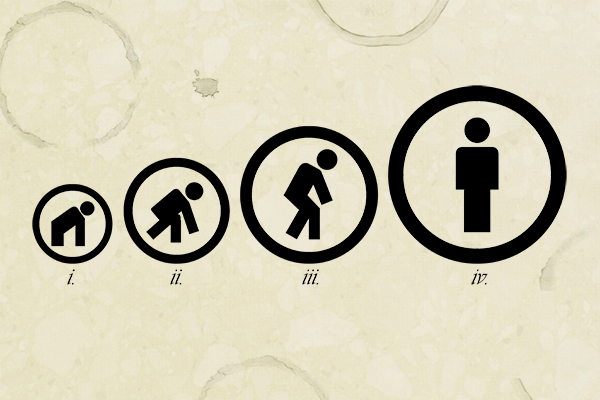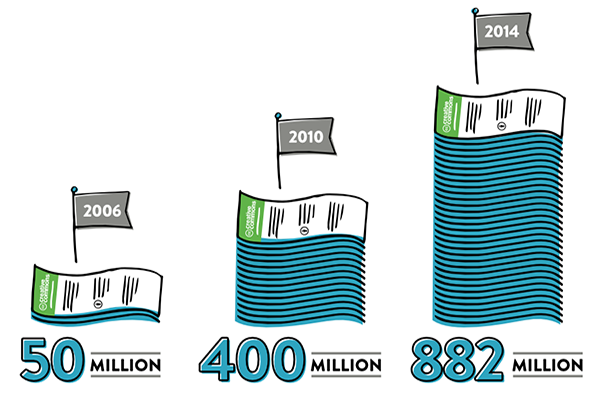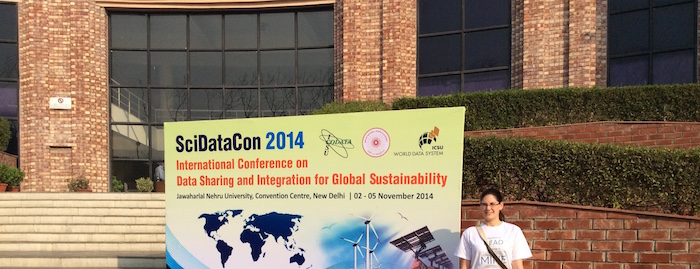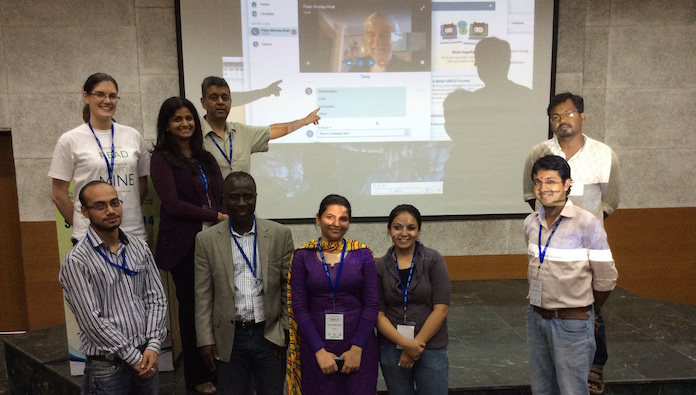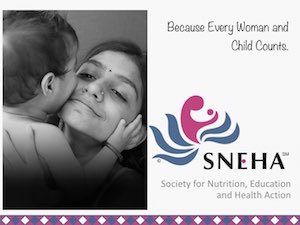K-12 OER Collaborative launches RFP for math and English
mercredi 26 novembre 2014 à 19:53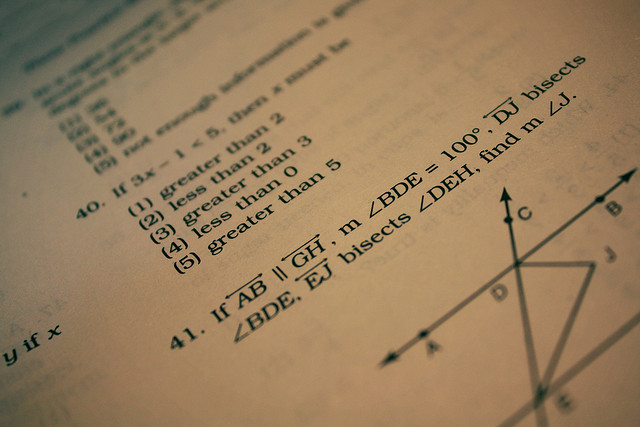
Math, Math, Math, math, mathh….maaah….. / Aaron Escobar / CC BY
The newly founded K-12 OER Collaborative has released an RFP for the creation of open educational resources (OER) in mathematics and English language arts and literacy. As all content developed under this RFP will be openly licensed under CC BY 4.0, U.S. states, territories and school districts (and anyone else in the world) may freely reuse, revise, remix, redistribute and retain these educational resources.
Forty-three US States + Washington DC + Guam + American Samoan Islands + US Virgin Islands + Northern Mariana Islands (map) have adopted the Common Core State Standards (CCSS)… and they all need current, high quality, affordable, CCSS-aligned educational resources for their students, teachers, parents and districts.
Will these US States and territories have the public funds necessary to update educational resources (including textbooks) for these two subjects?
According to the Association of American Publishers school districts across the U.S. spend over $8 billion on instructional materials every year. Textbooks quickly fall into disrepair, students are not allowed to write in or keep their books as they graduate each grade, and teachers are not legally and technically empowered to update outdated educational resources. In addition, much of this spending is on costly, yearly subscription fees for digital content which school districts merely lease (not own).
This aggregate demand represented by the nationwide need for new CCSS-aligned educational materials creates a unique opportunity for states to acquire higher quality, more effective content in a smarter, far less expensive, and far more flexible manner, and make these resources available to teachers, parents and districts. Specifically, states and districts can transition from expensive and rigidly controlled materials to OER.
The RFP specifically seeks complete courses for the following grades and subjects:
- K–2 English Language Arts/Literacy
- 3–5 English Language Arts/Literacy
- 6–8 English Language Arts/Literacy
- 9–12 English Language Arts/Literacy
- K–5 Mathematics
- 6–8 Mathematics
- 9–12 Mathematics — Integrated/International Pathway (Secondary Mathematics I, II, III)
- 9–12 Mathematics — Traditional Pathway (Algebra 1, Geometry, Algebra 2)
Courses will be designed to meet Common Core State Standards, accessibility standards, technical specifications, and an open licensing requirement of CC BY 4.0 on all new content produced. For details on the development process, see the complete RFP.
An informational webinar will take place next week on December 3, 2014 at 10:00 AM PST for those interested. RSVP at http://k12oercollaborative.org/rfp/webinar/.
The deadline for an initial Letter of Intent is January 9, 2015 by 5:00 PM PST.
About the K-12 OER Collaborative
The K-12 OER Collaborative is a coalition of eleven U.S. states and eight organizations, including Creative Commons. Together we are working to make quality K-12 educational resources aligned to state standards and accessible under the most open Creative Commons license, CC BY, so that we can drive down the cost of K-12 education for everyone. Learn more about the collaborative at http://k12oercollaborative.org.
